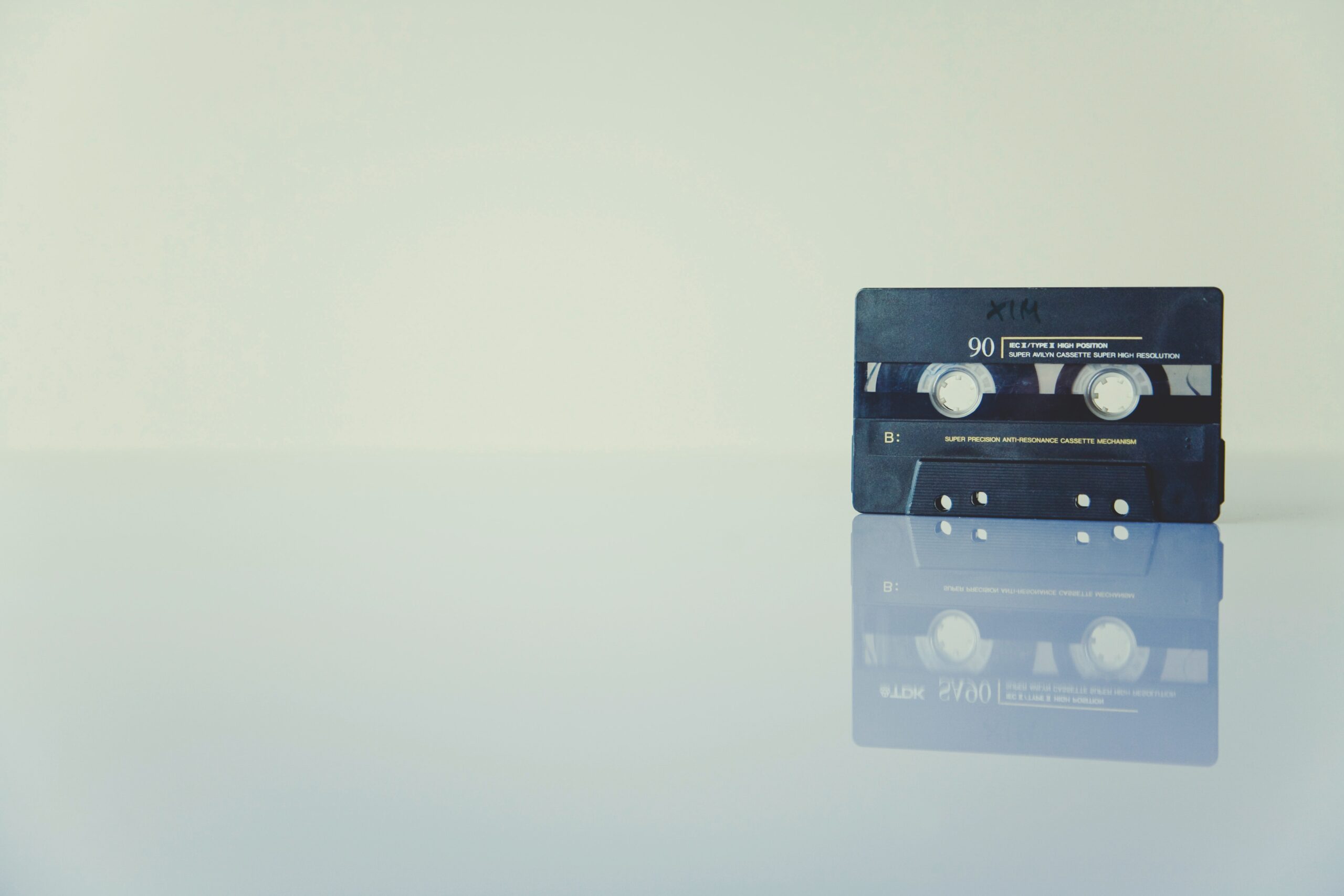Neighboring rights are public performance royalties due to the use of a given sound recording. These royalties are due to the performers and master recording owners of a track, but too often this money is left unclaimed.
Record labels and performers (sound recording owners) collect neighboring rights royalties whenever their sound recordings get “performed” via traditional broadcast: on terrestrial radio, on television, or in a bar, restaurant, nightclub, shop, etc.
The neighboring rights attached to a sound recording figuratively neighbor the performance right attached to an underlying composition. They are two sides of the same coin, so to speak. Each right accompanies the exact same type of usage. A broadcast of music via terrestrial radio, for example, will exploit both the neighboring right and the performance right. The crucial separation between the two lies in the type of copyright exploited: neighboring rights refer to the sound recording, while performance rights refer in this context to the underlying composition.
Neighboring rights are still considered a performance of the sound recording; however, to avoid confusion with the performance right associated with the underlying composition, the music industry calls it “neighboring rights” to distinguish between the two. The right to collect on the public performance of sound recordings (“neighboring rights”) is also sometimes called “related rights” because the right is related to the performance right for underlying compositions.
To summarize: Where public performances compensate the songwriter or music publisher when their song is broadcasted publicly, neighboring rights compensate the recording artist or record label associated with the sound recording of the song.
Neighbouring Rights Vs. Performance Rights
Neighboring rights are similar to performance rights in music publishing. The reason is, both generate royalties through public performances and broadcasts of music. However, there are differences.
- Neighboring rights generate royalties from the master sound recording. The master owner and performing artists own the rights to the master recording. Also, collection societies collect these royalties.
- Performance rights generate royalties from the musical composition. Publishers and composers/songwriters own the rights to the composition. Also, Performing Rights Organizations (PROs) collect these royalties.
Who Collects Neighbouring Rights Royalties?
Neighbouring rights royalties are collected by such neighbouring rights societies as the Phonographic Performance Company of Australia (PPCA) and the UK-based Phonographic Performance Limited (PPL). The easiest way for you to start collecting these royalties is to affiliate and register your sound recording with a local collection society and the territories where your music is being publicly performed and broadcasted the most.
In Nigeria, Neighbouring rights royalties are collected by Musical Copyright Society of Nigeria (MCSN) and paid to Performing artists and Producers in Nigeria.
Many countries have local organizations collecting neighbouring rights for their regions, and we recommend you register locally or with an international neighbouring rights administrator to make sure you’re collecting everything. A few examples of these organizations include:
- PPL International – U.K.
- MCSN – Nigeria
- PPCA – Australia
- SENA – Netherlands
- ABRAMUS – Brazil
- Adami – France
- GVL – Germany
- CPRA – Japan
- ACTRA RACS – Canada
What is the MCSN?
MCSN represents and licenses rights in the recorded music (Sound Recordings) played in public or broadcast on TV or radio on behalf of our members (artists & Performers, Producers, and Record companies).
In Nigeria, Neighbouring Rights Royalties are collected and distributed by the Musical Copyright Society Nigeria (MCSN). If you’re a sound recording owner, artist, performer, producer, or a record label, signing up with the MCSN can help you to make sure you receive any mechanical royalties owing to you.

